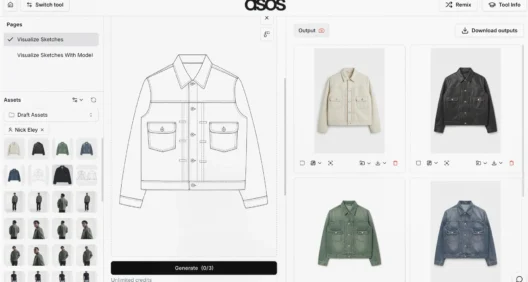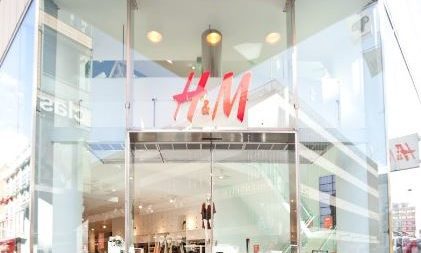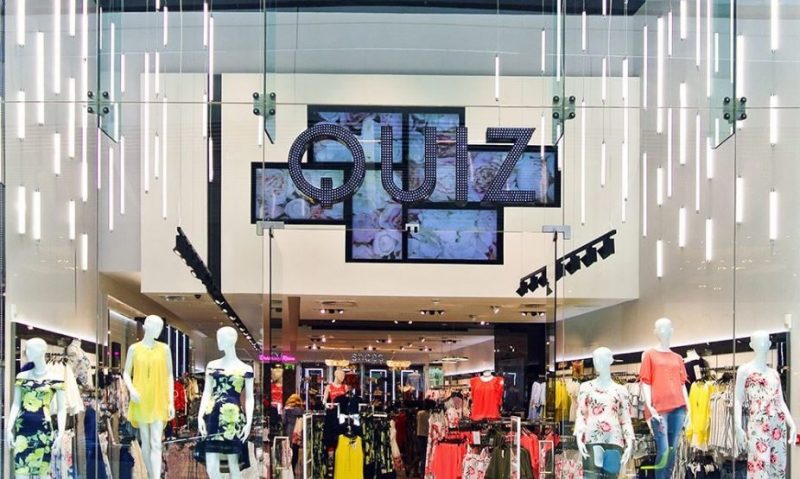Register to get 1 free article
Reveal the article below by registering for our email newsletter.
Want unlimited access? View Plans
Already have an account? Sign in
H&M has announced the group’s net sales have slowed to 6% in March from 23% in the first quarter due to the Russian invasion of Ukraine, according to its first quarter results from 1 December 2021 – 28 February 2022.
The group reported net sales in local currencies increased by 18% in the first quarter, with the ceasing of all sales in Russia, Belarus and Ukraine, totalling 185 stores as well as online sales in Russia being “affected.”
At the same time, sales and profits for the quarter were impacted by the negative effects of the pandemic in many of the group’s major markets. The result was also affected by increased growth-related initiatives, particularly within tech and the supply chain.
It revealed pretax profit reached SEK 282m (£22.8m) in the three months through February, up from a loss of SEK 1.4bn (£114m), but below average analyst estimates of SEK 1.05bn (£85m).
Yet the fashion retailer also said “well-received” connections lead to lower costs despite its pause in sales in Russia.
The group plans further new H&M markets in 2022 will be Ecuador, Kosovo and North Macedonia, and via franchise Costa Rica and Guatemala. In 2023 H&M plans to open its first store in Albania.
Helena Helmersson, CEO, said: “ Having ended last year with sales back at the same level as before the pandemic and in a strong financial position, we started the new year with increased initiatives to create an even better foundation for long-term growth.
“The initiatives mainly involve continuing to develop the customer experience by, for example, further broadening the assortment and integrating the sales channels, and by continuing to invest in infrastructure such as tech and the supply chain, but also in renewable energy and sustainable materials.”
She added: “In addition to the general consequences of the pandemic such as disruptions and delays in the supply chain, some of our major markets were impacted by a new wave of the pandemic in the first quarter. Despite this we saw a recovery of sales in physical stores compared with last year, while online sales continued to perform well.
“Other than effects associated with the paused sales in Russia, Belarus and Ukraine, the group’s other plans remain in place. Our flexibility is good, which enables us to act quickly as circumstances change in the world around us. We have a well-positioned customer offering and are fully focused on meeting customers’ ever-increasing expectations.”




















